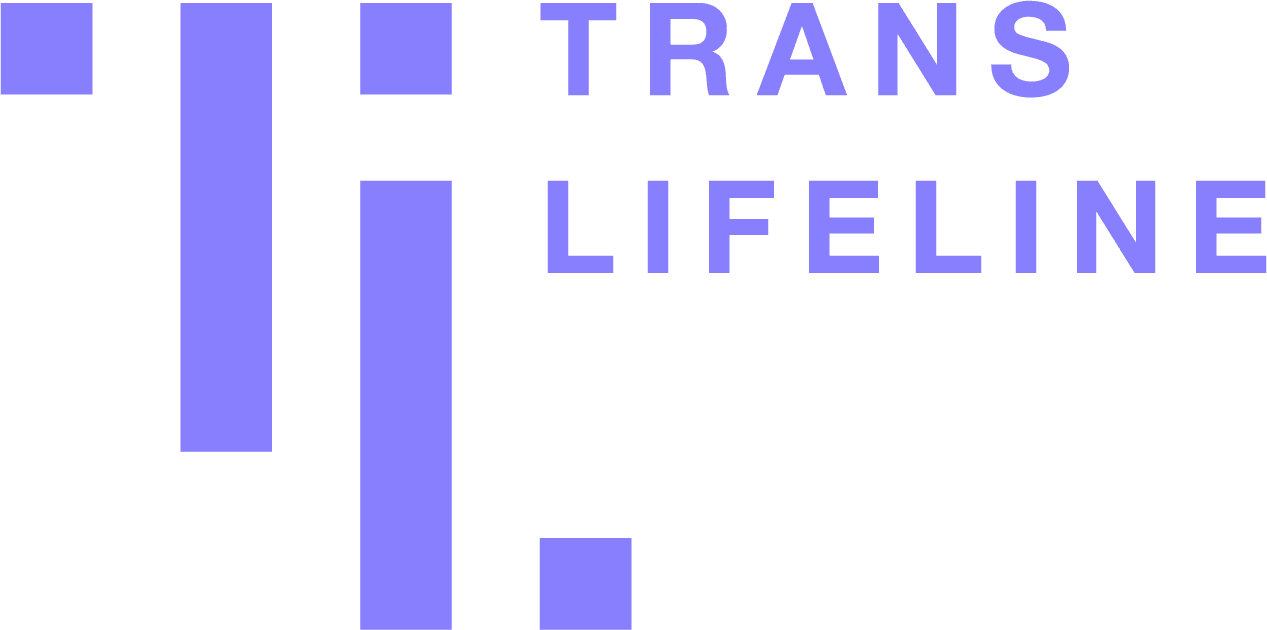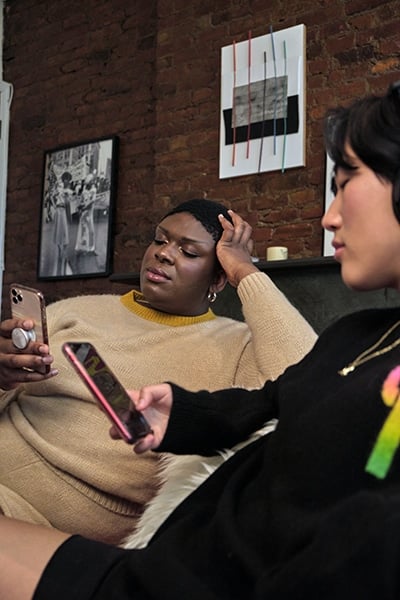2014: Trans Lifeline’s hotline launches shortly after Trans Day of Remembrance in response to the epidemic of suicide in our community, with the knowledge that we deserve community-based support free from police and involuntary hospitalization.
2016: Microgrants is founded in November as Trans Assistance Project to provide access to low-barrier funds for legal name and identification document changes.
2017: Microgrants becomes part of Trans Lifeline. That same year, we create a free community-supported database of location-specific requirements and fees for updating our documents.
2018: Trans Lifeline undergoes a leadership transition. Our Family & Friends Hotline launches to resource friends, partners, and families to support their trans loved ones from a trans-centered perspective.
2019: The Inside Advocacy project was created by trans people directly impacted by the carceral state. Inside Advocacy exists within our Microgrants department and provides financial aid to trans people currently incarcerated, detained, or recently released through commissary funds, reentry grants, and ID changes.
2020: The Spanish language extension launches in July with seed funding from Twilio in response to increased calls from Spanish-speaking trans folks and detained immigrants. Our Microgrants program ensures 75% of Name Change Microgrants each cycle are reserved for BIPOC trans people to dismantle structural barriers caused by white supremacy.
We partner with MTV to address voter disenfranchisement among trans youth by updating 255 IDs by the 2020 elections.
2021: HRT Microgrants provides a year’s worth of free HRT. National resource library launches on our website. Trans-centered domestic and intimate partner violence services are brought to the Hotline.
2022: Our new Advocacy Department launches our Safe Hotlines Campaign to end nonconsensual interventions on crisis hotlines, and we begin offering a Gender-Affirming Hair Removal Microgrant.


